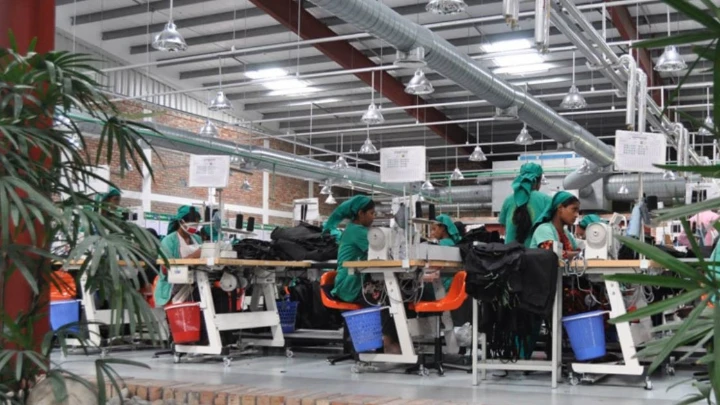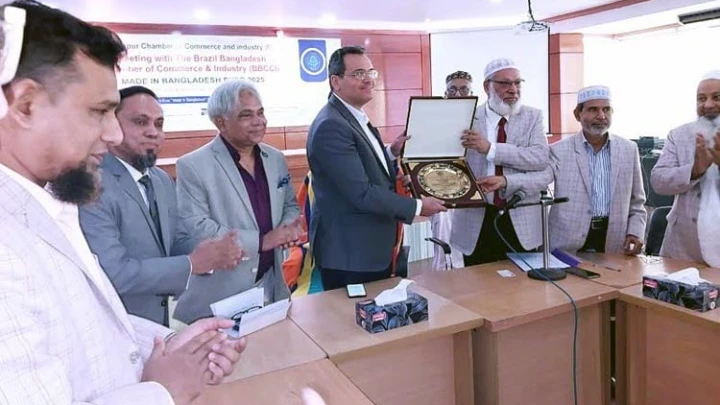Global group urges buyers to continue ordering Bangladesh RMG
DhakaTribune || Shining BD
Global right groups last week called on international fashion brands to continue their long-term commitment to Bangladesh to help secure the country's democratic and economic future.
They also requested to ensure payments of workers' regular salaries for the months of July and August, and the brands to continue to source from Bangladesh during this time of extraordinary change and challenge.
UNI Global Union and IndustriALL in a joint letter to 200 signatory brands of International Accord - the unions' factory safety program in Bangladesh, also urged brands and retailers to maintain their engagement during the time of political volatility.
The garment sector is the backbone of the Bangladesh economy. Your commitment to improving health and safety for garment workers through the International Accord has allowed millions of garment workers to be lifted out of poverty, without risking their lives to do so, UNI Deputy General Secretary, Alke Boessiger, and IndustriALL General Secretary, Atle Høie, said in the letter.
"As the country strives to restore order and build a new democracy, economic stability is essential … the garment industry has a major role to play in stabilizing the country and ensuring a regular income for workers."
Bangladesh's former Prime Minister Sheikh Hasina fled Bangladesh after protests against a preferential job quota system for descendants of the 1971 war of independence, the right groups said in a statement.
The global unions call on the brands to be accommodating with their Bangladeshi suppliers as political instability may impact orders.
Earlier on the first week of this month, Fair Wear Foundation (FWF) and Ethical Trading Initiative (ETI) called on both garment buyers and suppliers to engage with discussion to understand the impacts of the transition, factory closures, recent unrest, and navigate the extraordinary circumstances in Bangladesh.
FWF and ETI work to improve working conditions and labour rights in the garment supply chain.
The FWF recommendations included extending production timelines, managing delays and not penalizing suppliers in these cases and ensuring timely payments to suppliers and following legal procedures especially in regards to wages and temporary closure.
Shining BD























